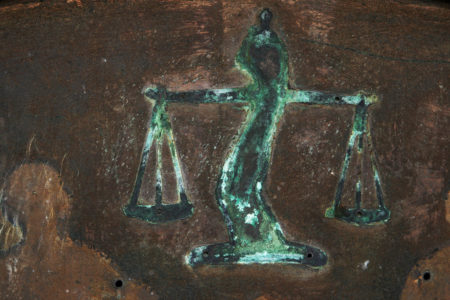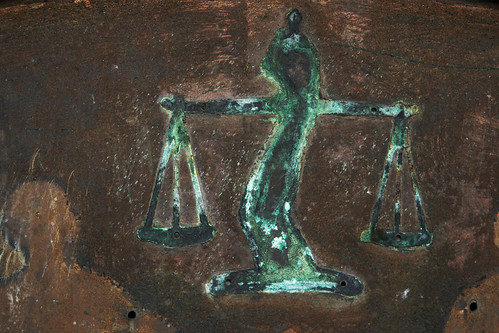
This article was originally published by the IPI’s Global Observatory on 26 August 2016.
After 52 years of armed conflict, the Colombian government and FARC rebels announced a final agreement aimed at ending one of the world’s longest-lasting insurgencies. In talks that began in Havana in 2012, the two sides have reached understandings on peacebuilding measures that include transitional justice, accounting for the “disappeared,” and a plan for demobilization of the rebels’ estimated 7,000 fighters. The historic agreement opens the way for peace after an internal conflict that, in a nation of 50 million, has left 220,000 dead, 7.65 million recorded victims, and more than 6 million people displaced from their homes.
The accord marks the beginning of the end of the FARC as an armed group and of Colombia’s internal armed conflict. This is a tremendous achievement by not only the two negotiating teams and the international community that supported the talks, but also by Colombian civil society, which for decades pressed for a political solution.



